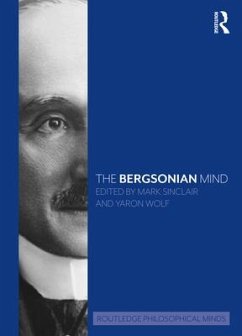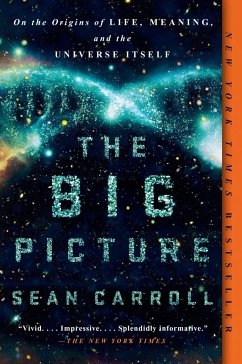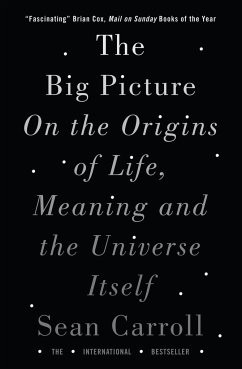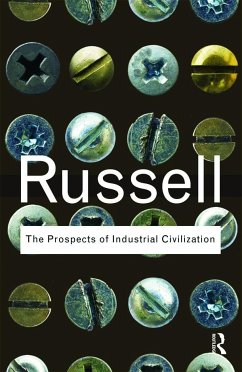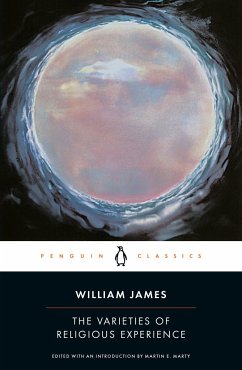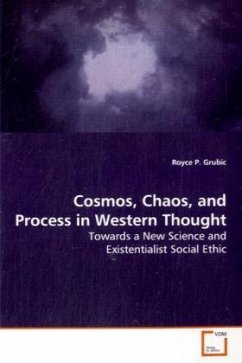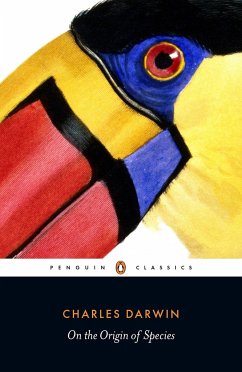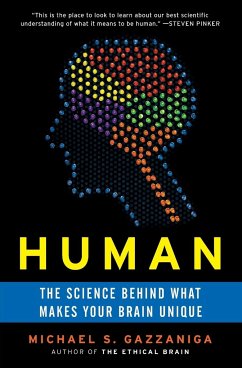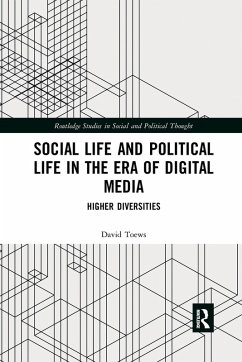Nicht lieferbar
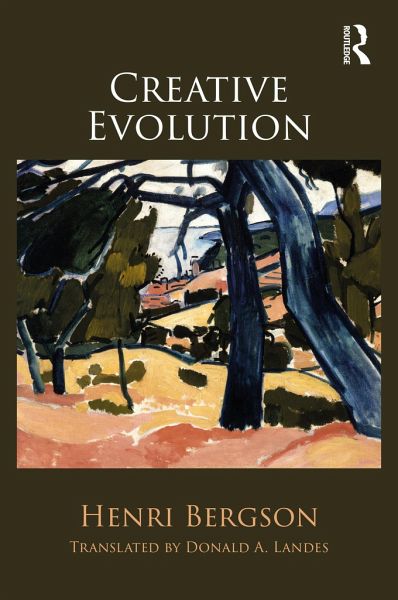
Henri Bergson
Gebundenes Buch
Creative Evolution




This outstanding new translation, the first for over a hundred years, brings one of Bergsonâ s most important and ambitious works to a new generation of readers.
Henri Bergson (1859-1941) was born in Paris, the year Darwin's Origin of Species was published. Initially drawn equally by the sciences and philosophy, at the age of eighteen Bergson won a prestigious prize for solving a mathematical problem. Choosing philosophy, he attended the École Normale Supérieure and the University of Paris before working as a school teacher in Angers and Clermont-Ferrand while completing his doctorate at the University of Paris in 1889. He worked for eight years at the Lycée Henri-IV before taking a position as Chair of Greek and Roman Philosophy at the Collège de France in Paris 1900. His weekly lectures soon attracted beyond capacity crowds, and his visits abroad to England and the United States filled venues and reportedly caused the first-ever traffic jam on Broadway in New York City. Bergson engaged with some of the leading contemporary thinkers, including a famous debate with Einstein in 1922 over the nature of time. He influenced Marcel Proust, Thomas Mann, and the philosopher William James, and was a pioneering figure in the Modernist intellectual movement of the early twentieth century.
.jpg)
Produktdetails
- Verlag: Taylor & Francis Ltd
- Seitenzahl: 624
- Erscheinungstermin: 1. Dezember 2022
- Englisch
- Abmessung: 241mm x 162mm x 44mm
- Gewicht: 1184g
- ISBN-13: 9781138689251
- ISBN-10: 1138689254
- Artikelnr.: 64035165
Herstellerkennzeichnung
Libri GmbH
Europaallee 1
36244 Bad Hersfeld
gpsr@libri.de
Für dieses Produkt wurde noch keine Bewertung abgegeben. Wir würden uns sehr freuen, wenn du die erste Bewertung schreibst!
Eine Bewertung schreiben
Eine Bewertung schreiben
Andere Kunden interessierten sich für




